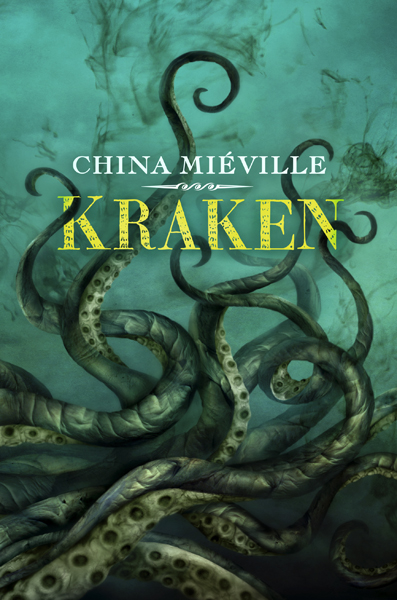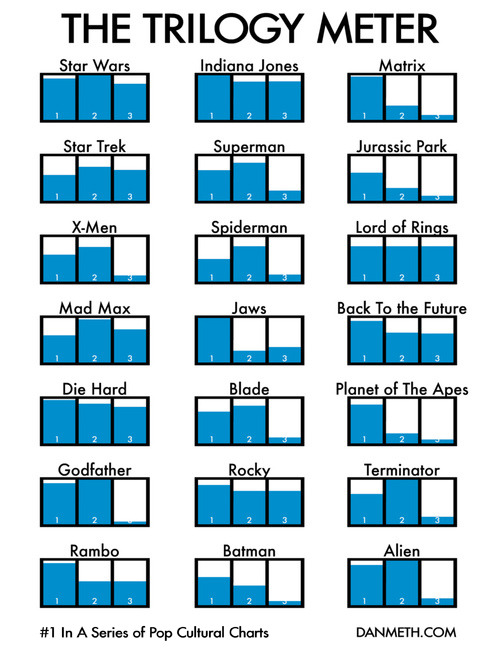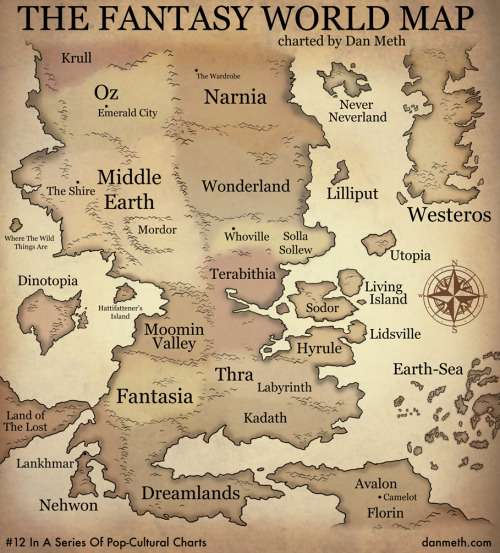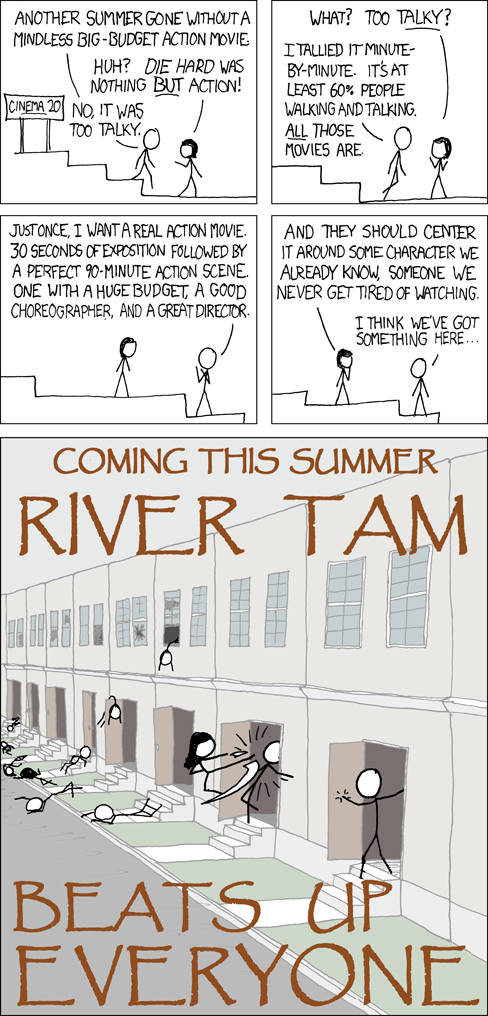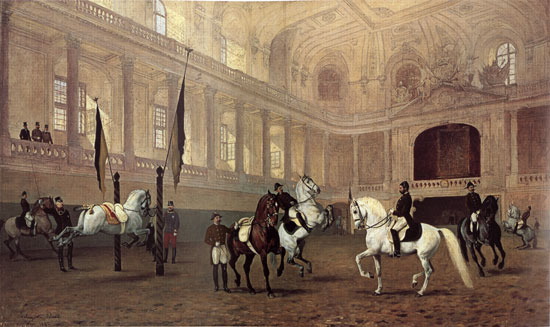It's been a while since I posted a story here, but I wrote this one recently, and since it's pretty short, I thought I would put the whole thing up in one posting. It's also my best stab at a description of Cosne sur Loire (with certain liberties taken, of course). I also seem to be sliding a little farther into the fantasy writers camp, although for that I blame George R.R. Martin, whose 4th volume of his as-yet-unfinished epic hack-and-slash fantasy I plowed through this past week. The man writes great characters, and plots that make you want to beat him up for not publishing the sequel already, but bodily fluids make too frequent appearances in his pages for my taste.
Without further ado, however, here is my latest creation. I promise there will be no bodily fluids.
*******
After the dawn came, it took a long time for any signs of life to reappear.
The streets of the town stayed dark and silent as the sky lightened slowly, obscurity yielding only partially to the coming of day. The handful of brick houses and narrow streets clustered together on the river’s bank stayed shrouded in cottony fog so thick that the opposite bank and even the water’s still surface were utterly invisible. The span of a narrow bridge disappeared into the gray.
Cold clutched the town in its grip as well, hardly eased at all by the layers of moisture in the air. The brume itself seem to have frozen in the night, since the surfaces it brushed—tree branches, iron rails, the strands of wire holding up dilapidated fences—were all covered with a fur of tiny icicles. Each one was as pointed and sharply defined as a shard of glass, yet ephemeral enough that a single gust of wind would have melted it away—had there been any movement in the air.
This deep in winter the day always came slowly and, under the enveloping in mist, it seemed as if full light would never truly come. The hands of the worn clock face in the church tower (its numbers nearly rubbed away and its bells silent) pointed to seven-thirty, eight, and then half past, while a grey twilight lingered on. In the shadow of the church, the square stayed empty, the few cafés and bar-brasseries that opened onto it still closed and dark.
Finally, at nearly nine, scattered movements began. Window curtains that had been pulled against the dark twitched aside slightly here and there, revealing a pinched face or two squinting out at the day. A dark shadow, bundled against the bite of the cold, appeared and crossed the square, fumbling a key into the lock of one of the businesses. Soon, other doors began to open, although many remained tightly barred, their windows shuttered and plastered over with signs that said, “Final Sale,” “Total liquidation,” or “For Rent.”
Renaud was sure that he had not slept—as he was sure every morning. The nights passed under a strain that kept his eyes open, as tension gripped his body through the in slow hours after dusk had fallen. Yet somehow, without his noticing, the long night had resolved itself into a dim morning, so he must have dozed at some point. He could see faint light coming through the cracks in the shutters from where he lay curled on his side. He wondered if this was the day he would not get up at all.
Then he felt Poinette, her nose cold and quivering (to match what he knew must be the palpitating of her entire little body), push against his hand where is hung slightly off the edge of the bed. He sighed and pushed himself upright, rolling sideways and feeling for the icy floor with his gnarled feet.
“Eh, ma petite?” He asked her, “Tu as bien dormi? You slept well?”
Poinette whined a little, turned herself in a circle, ran to the door of the room, then came back and looked up at him again. Her message was clear: even little old dogs needed to eat.
Renaud sighed again. “Ca y est. You are right, my dear. Let’s see what we can do.”
Breakfast for Poinette was not a problem, and Renaud even had the heel of the weekend’s batârd to munch on for himself. He made coffee, and settled himself by the window to drink it, looking out at the street. The walls of the houses across the narrow lane were blank faces, grey and closed to match the sky. Every so often a truck would rattle past, or a shiny and compact sedan: the worker on delivery and the tourist passing through town on his or her way to other, more popular destinations in the vineyard-filled valley beyond the river. At one point, Renaud even saw one of his neighbors come out of a gate between two houses and hurry off down the street, a shopping bag hanging from her arm. That would be Sylvie Thenard, going to catch the butcher during the three hours he was open weekday mornings. Renaud started and almost spilled his coffee. He had meant to go today himself. His icebox was almost completely empty, and he had wanted to get some little veal cutlets to fry up for Poinette. It was a foolish indulgence for a dog, he knew, but she was delicate, and she so enjoyed them, wiggling her backside and pressing up against his ankles as he cooked. She reminded him of what it was like to be active and excited.
He glanced at the clock—almost noon. There was no way to make it in time today. He would have to wait until tomorrow. He sighed, wishing that the grocers and storekeepers had enough business to keep open longer hours. It was hard to remember which times you could actually find something for sale in the town center.
It had not always been like this. He could remember a time when the town had not been merely the shell of a settlement, inhabited by more than those few to young to seek their futures or too old to escape their pasts. Once, this had been a place to go to, rather than simply one to be from.
With the sky masked and the sun’s light diffused by the heavy cloud cover, it was hard to tell from the view outdoors that the afternoon hours were slipping away, but eventually even his system, old and slow as it was, began to remind him that it was past dinner time. Poinette scratched at the door to the garden; he could hear her from the other room. Perhaps it would be good to get out for a bit. He bestirred himself to find her leash and his woolen coat.
Once outside, the cold bit into him; squeezing the breath from his lungs as if he was wearing no coat at all. He wished (yet again) that he had taken the trouble have the tailor’s shop reline the old thing last summer. Now it was too late, of course. The shop was out of business, and the next nearest was two towns away. He would have to wait until his Marina came and ask her to drive him there; a humbling thing for a man to have to demand of his daughter. He was not even sure when he might next have the opportunity. She had been vague and reluctant about her plans for a visit when last they spoke on the phone. “I’ll come in the spring,” she had promised.
“Sping, humph,” he muttered. “When will that be?”
He pulled his cap down over his ears; gripped Poinette’s lead in one blue hand, and trudged off.
Matilde, the stoic woman who ran the Bar au Centre, welcomed him in (if welcome it could be called), with a brief nod, and brought him a plate of frites and a croquet saucisson before settling herself again in the back booth of the otherwise empty restaurant to finish her accounts. The radio made a low, static-filled hum that almost took the place of ambient noise and conversation. Poinette curled at his feet and he ate slowly, trying to savor the tastes of the food. It seemed bland and mealy to his tongue, though, as if the fog in the air had suffused his very senses. At least it was warm; although the moments it took to slide down his gullet seemed to provide only a brief respite from the cold.
Afterwards, he walked Poinette to the far edge of the village, giving her a chance to stretch her legs, and—he hoped—tiring himself out enough to that he might fall quickly asleep that night. The came back along the edge of the river, walking towards the faint shadow that was the bridge swirled around by fog. Beyond the bridge, where the central buildings and the grey hulk of the church grew up along the water, there was a flat, wasted space between the mortared walls and the stone-lined bank. It was a long strip of ground, beaten down as if a great weight had rested there, and burnt black as if blasted by fire.
Renaud did not look at it, and he turned his steps back into the town well before they reached the scorched earth, while Poinette whined and strained at the leash, hurrying to put as much space between herself and the stretch of bank as possible.
By the time they got back home, the day was already beginning to fade away. Renaud hung his coat up again in the hall, where it draped in lonely isolation among the other empty hooks, and hurried to turn up the heat, trying not to shiver. The electricity bill would be fiercer than ever this month, but he would rather pay out than see hid breath hang before his mouth in his own kitchen. What else had he got to spend his money on, anyway? It would hurt Poinette’s bones if she lay on the cold tiles of the floor, so he pulled her rug over close to the metal radiator in the kitchen, which clanked disconsolately as steam forced its way through the pipes.
Shadows began to settle down over his rooms, darkening in corners and blocking out the views from the windows. Renaud lit lamps in the kitchen and dining room, trying to hold them off. He wished the silence wasn’t so heavy. His radio was even older than Matilde’s at the bar, and it did little more than hiss and crackle when he fumbled with its dial, as if the fog was occluding the electronic waves, as well as the air outside. Frustrated, he turned it off. He pushed a chair over so that he could sit with his feet beside’s Poinette’s bed, to leech what little warmth he could from the presence of the radiator. He had a book, an old roman policier that he had enjoyed as a young man, and had come back to several times over the years. He had always enjoyed the insouciant air of the protagonist, his easy wit and ability to match the various parts of the crime together like a clever child assembling the pieces of a puzzle. Now, though, he had a hard time reconnecting with that remembered pleasure. The problems of the story seemed unreal, and the responses of the hero feckless and jejune. There was nothing in this fictional world that echoed the malaise he sensed in his own life. Beside, the words on the page blurred fuzzily beneath his old eyes and seemed to disappear in the crepuscular light. After a while he gave it up, closing the book and dropping it on the floor beside him with a dissatisfied sigh.
As he sat in his island of lamplight, hands folded in his lap, Poinette heaved herself up off her bed, staggering slightly, and came to press herself against his ankles and look up at his face. Renaud smiled at her, and leaned creakily down so she could lick his fingers and push her nose under his hand. After a minute he scooped her up and set her on his bony knees, where, after only a few wobbly scrambles, she settled into a small curl like a crescent roll. She heaved a shaking little breath, and Renaud sighed with her. Together, they waited as night fell.
After dark, the village was completely silent once again. Fog muffled even the sound of water moving against the banks. Cold froze the water weeds at the river’s edge and the mucky puddles in the gutters became duller with rime.
A shadow among shadows, the dragon coasted down through the mists and settled on the riverbank.
Nobody saw him, but then there were few to look, and they were old and tired, their windows barred against chills and malaise. The gusts of air from his passing could have been the wind of the river, swirling the clouds but refusing to lift them. The sound of his landing was silenced by the fog.
He stretched out, fitting his massive length into the long trough of earth. His claws, jet black and curved, vicious as any raptor’s, flexed once or twice, scoring deep ruts in the dirt and sending a few pebbles skittering down into the water. His scales were the dirty grey of old ice but their edges were so sharp they would have gleamed, had any light reached them. He was cold; colder than the night or the freezing water of the river, so cold that he burned the river weeds and bushes he brushed against to curling black skeletons and sent ice spreading its way across the river’s surface when his tail tip dropped into the shallows. His breath hissed and misted, thickening the obscurity around him. He laid his massive head down facing the motionless town, and his eyes steeled shut for sleep.
The seconds of the long night ticked on.
 He is also, however, a totally snappy dresser. Colin definitely undergoes a transformation over the course of the show, becoming more grown-up, responsible, honest--in short, more of a man. However, he doesn't undergo this evolution at the cost of losing his own identity, and one of the things he keeps is his sense of style, which is personal, idiosyncratic, and very cool. It involves fedora hats, digital watches, striped vests, and fingerless gloves. Sometimes it threatens to slide over into hipster territory, but it never quite goes there. (Thank God.) Colin never stops looking like a geek, but also never stops looking original, and--in his own way--very stylish. It's awesome.
He is also, however, a totally snappy dresser. Colin definitely undergoes a transformation over the course of the show, becoming more grown-up, responsible, honest--in short, more of a man. However, he doesn't undergo this evolution at the cost of losing his own identity, and one of the things he keeps is his sense of style, which is personal, idiosyncratic, and very cool. It involves fedora hats, digital watches, striped vests, and fingerless gloves. Sometimes it threatens to slide over into hipster territory, but it never quite goes there. (Thank God.) Colin never stops looking like a geek, but also never stops looking original, and--in his own way--very stylish. It's awesome.
